Blog
Aktuell
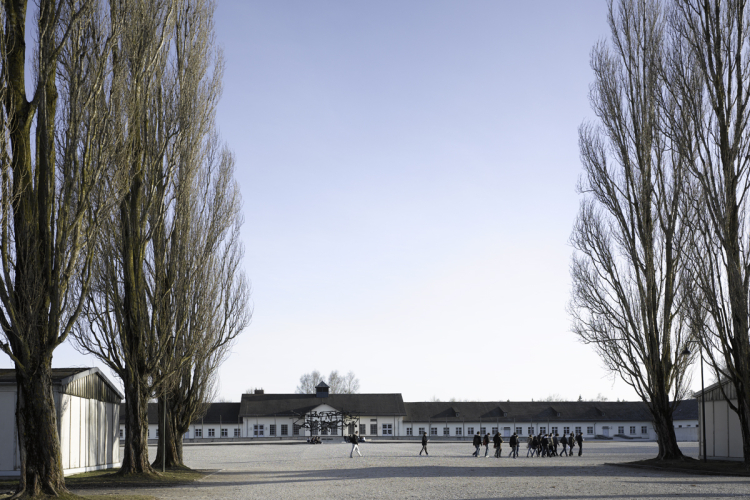
On March 22, 1933, the Nazi regime established a concentration camp on the grounds of the decommissioned "Royal Bavarian Powder and Ammunition Factory" in Dachau. This site of detention and terror existed for twelve years and was liberated by units of the U.S. Army on April 29, 1945. More than 200,000 people from over 40 nations were imprisoned in Dachau Concentration Camp and its satellite camps. At least 41,500 of them died there as a result from hunger, disease, torture, murder and the inhumane conditions of their imprisonment.
Highlights
Featured

On March 22, 1933, the Nazi regime established a concentration camp on the grounds of the decommissioned "Royal Bavarian Powder and Ammunition Factory" in Dachau. This site of detention and terror existed for twelve years and was liberated by units of the U.S. Army on April 29, 1945. More than 200,000 people from over 40 nations were imprisoned in Dachau Concentration Camp and its satellite camps. At least 41,500 of them died there as a result from hunger, disease, torture, murder and the inhumane conditions of their imprisonment.
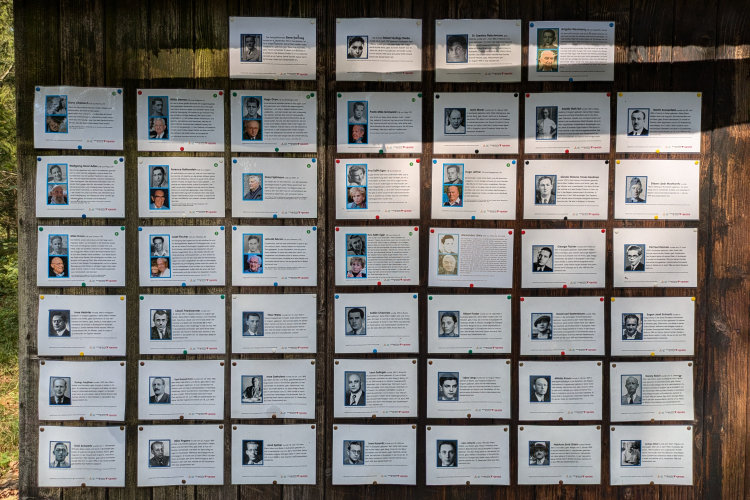
The Gunskirchen concentration camp was a satellite camp of Mauthausen about which little was known for a long time; it existed only in the final months of the war and the events there were barely documented. Reports and photos from the liberators were the first and for many years the only evidence of the horrors in the "Hochholz" (high timber). In addition, there are no structural remains that would indicate the existence of the concentration camp.
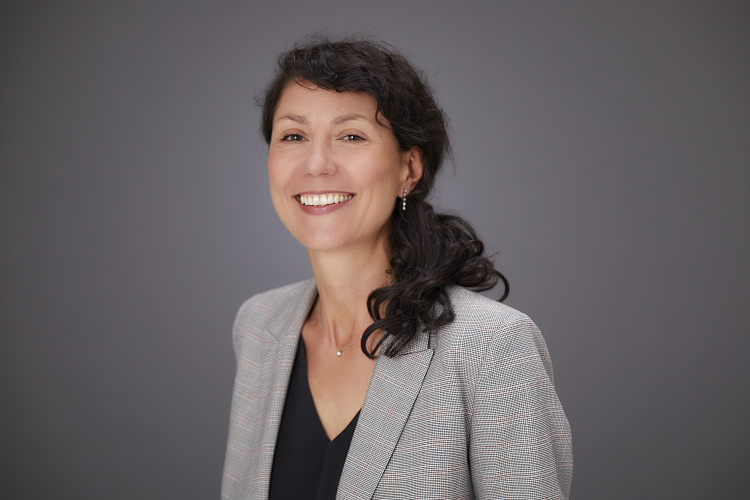
Human rights are in danger, as are democracy and humanity – and in Europe, the union of peace is at stake. Recent political debates give the impression that "the mood democracy of antiquity is returning", as political scientist Herfried Münkler describes it. Political debate is growing brutal and drifting into waters thought to have been overcome, poisoning the political climate and the socio-political discourse on fundamental freedoms, equality, justice and human rights.
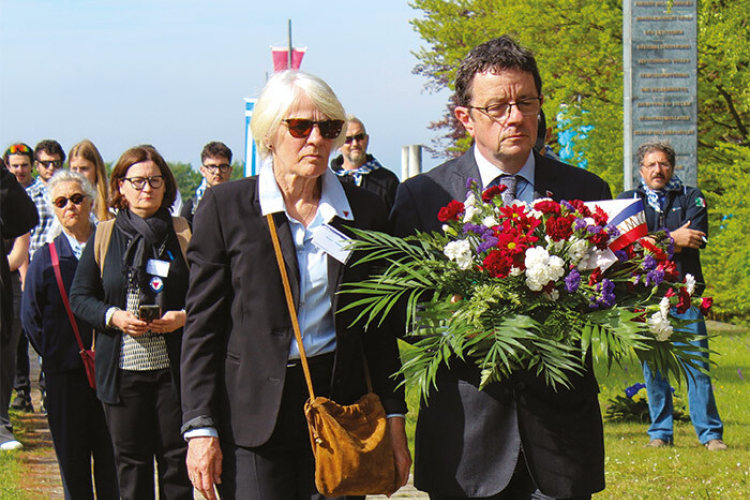
In April 1945, as the Allied troops approached, the SS began to erase the traces of their crimes. Facilities for the mass killings were dismantled, compromising documents were burned, and concentration camp prisoners were murdered.
On May 3, 1945, the last members of the SS fled from the Mauthausen and Gusen concentration camps. Two days later, on May 5, a US Army reconnaissance group arrived at the two camps. The following day, units of the 3rd US Army finally liberated around 40,000 prisoners.
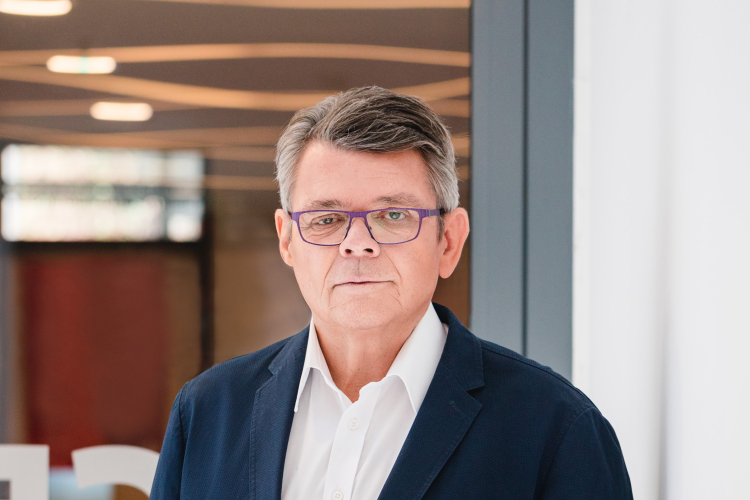
For over 80 years we have been taking the oath "Never again!". The fulfillment of this pledge is more important today than ever, and here trade unions are important partners.
SORA's Democracy 89 Report 2024 shows that 20 % of the 2007 people surveyed in Austria would like to see a "strong leader". The Democracy Report 2024 by the V-DEM Institute (Gothenburg, Sweden) shows that, for the first time in two decades, there are more closed autocracies than liberal democracies worldwide. 71 % of the world's population lives in an autocracy, compared to 29 % in democracies.
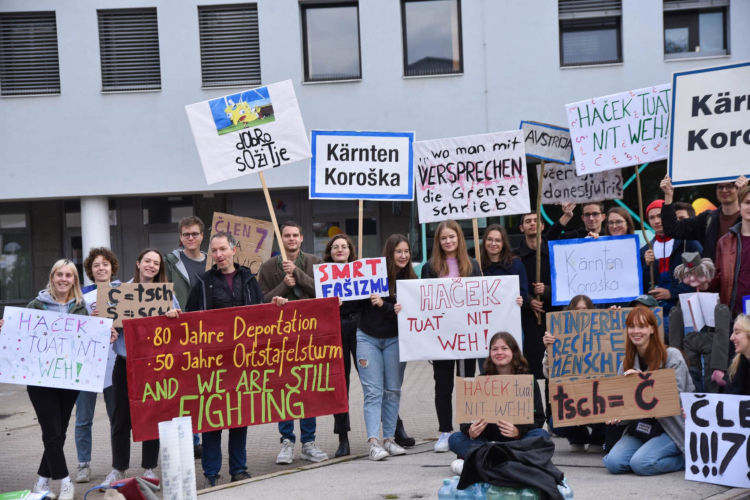
The Carinthian Slovenes are often a silenced minority in the culture of remembrance. In Carinthia/Koroška, the primacy of remembrance applies to the "Abwehrkampf" (defensive battle) – the mythologized defense against the "Slavic aggressor" after the First World War. German glory is inscribed in stone, streets and calendars. In 2024, in the center of Klagenfurt/Celovec, a memorial plaque was installed for the provincial administrator and anti-Slavic Arthur Lemisch.
SOS is a distress signal and a special indication of latent and current threats to human rights – because they are fragile; because they cannot be taken for granted; and because in socially challenging times, they are constantly questioned and challenged.
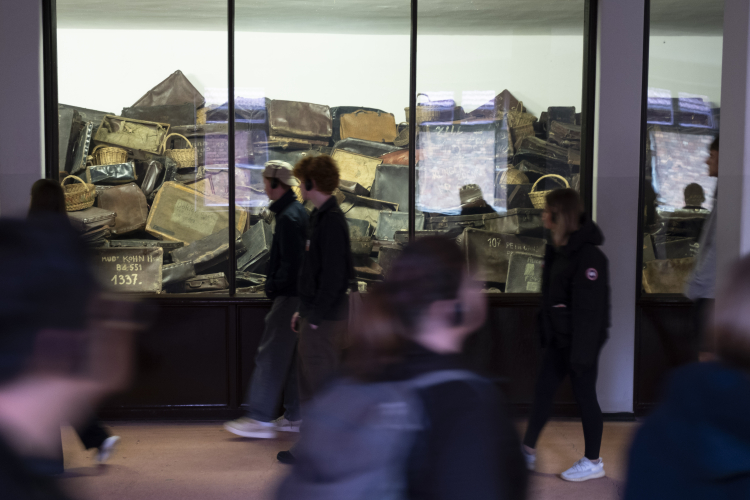
Auschwitz is not only a memorial and a historical site. As a symbol, it is also an essential part of our civilization. The word "Auschwitz" has become an allegory, a warning and a synonym for the decomposition of the human value system by an ideology of hatred. With the passing of the last eyewitnesses, the role of the authenticity and integral nature of the memorial site is growing.
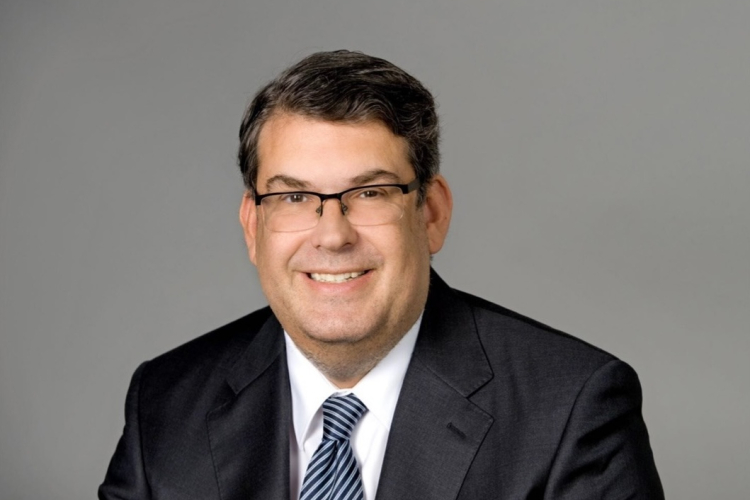
The commemorative year 2025 marks the 80th anniversary of the liberation of the Mauthausen concentration camp and its more than 40 satellite camps.
Eighty years have passed since the victory over the National Socialists, the victory over the anti-Semitic ideology of extermination, and over "master race thinking". This anniversary is a cause for celebration for all friends of life and freedom. However, is liberation really complete?
"History is constantly teaching, but it finds no students", claimed the Austrian author Ingeborg Bachmann pessimistically. On the other hand, she stated that "the truth is reasonable for people."
How can we actually approach the issue of "never again" and "learning from history and drawing the right conclusions"?
Eighty years ago, the Nazi dictatorship ended and Mauthausen concentration camp was liberated. Fifty years later, the National Fund of the Republic of Austria for Victims of National Socialism was established. Since then, the survivors of National Socialist persecution have been at the heart of our work – honoring the injustice inflicted on them, supporting them in old age and passing on their memories.
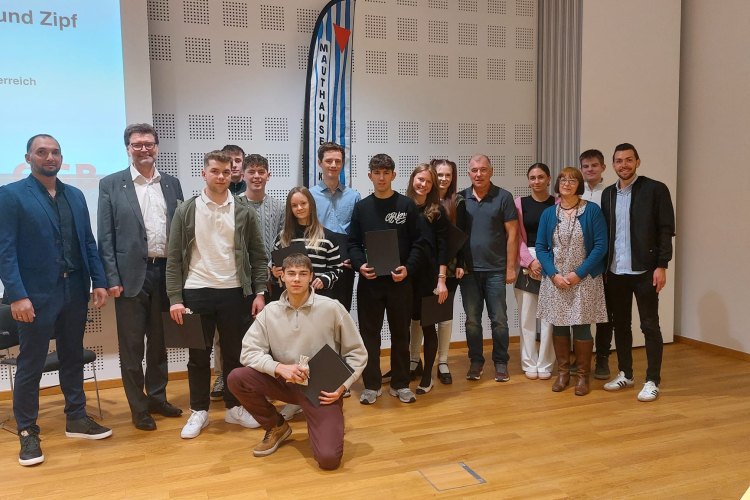
Dealing with the history of the Nazi era in our region is of central importance to Mauthausen Committee Vöcklabruck. With three former satellite camps and the memorial site in Attnang-Puchheim, there are numerous historical traces that need to be preserved and disseminated.
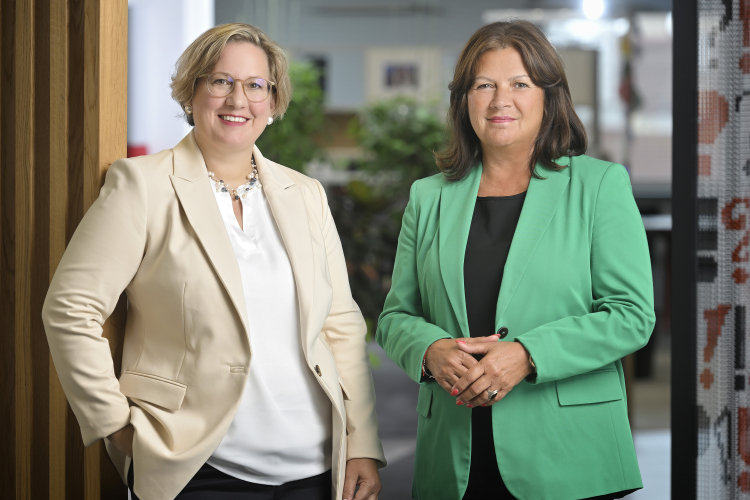
Liberation from National Socialism 80 years ago reminds us how precious freedom and democracy are – and how important they are for a just and peaceful society. In many parts of the world, diversity of opinion, equality, and peace are currently under massive threat.
Since its founding in October 2005, the Guntramsdorf/Wiener Neudorf Concentration Camp Memorial Association, as a local affiliate of Mauthausen Committee Austria, has been dedicated to the intensive examination of the topics of racism, anti-Semitism and right-wing extremism as well as the promotion of civil courage.
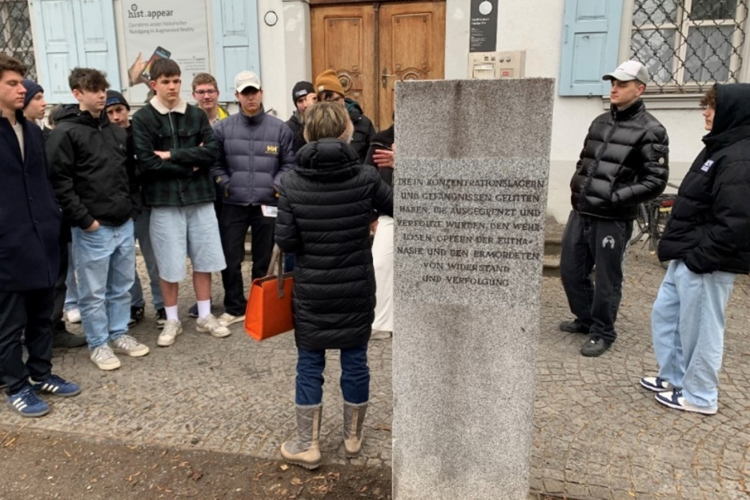
As a vocational school teacher at the provincial vocational school LBS Dornbirn 1, I have implemented several projects with apprentices. It is important to me that the apprentices learn about the history of the region during the Nazi era. I present a selection of projects below.

This current time of rising racist and anti-Semitic tendencies clearly shows the importance of actively remembering the darkest chapter of our history.
